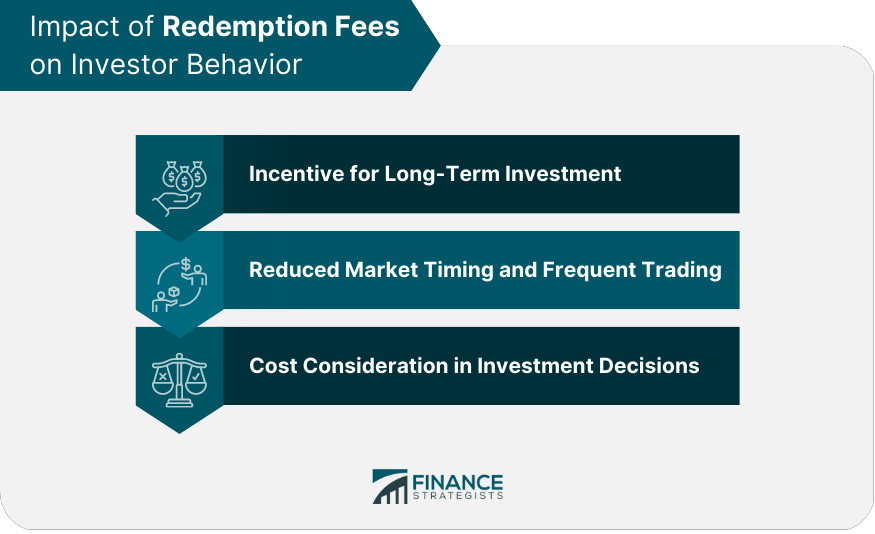Explore Career Pathways in Renewable Energy: Opportunities, Steps, and Success Strategies
Introduction to Renewable Energy Career Pathways
The transition to renewable energy is driving rapid growth and innovation across the energy sector. With increasing demand for sustainable solutions, there are now more diverse and accessible career pathways than ever before. Whether you’re interested in hands-on technical roles, engineering, business management, or research and policy, the renewable energy industry offers a wide range of opportunities for individuals at all experience and education levels. This article explores which energy career pathways work with renewable energy, explains how to access these opportunities, and provides actionable guidance for building a rewarding career in this essential field.
What Are Renewable Energy Career Pathways?
Renewable energy career pathways span a variety of roles and disciplines, each contributing to the generation, distribution, management, and innovation of clean energy. Some of the most prominent sectors include solar, wind, bioenergy, advanced manufacturing, energy storage, and energy efficiency. These sectors offer career options ranging from entry-level technical positions to advanced roles in engineering, project management, and policy development. The industry’s continued expansion is fueled by growing investments in sustainable infrastructure and government initiatives aimed at reducing carbon emissions [2] .
Key Renewable Energy Sectors and Example Career Pathways
- Solar Energy : Careers include solar installation technicians, system designers, project managers, and sales consultants. These roles involve installing and maintaining solar panels, designing photovoltaic systems, and managing solar energy projects [1] .
- Wind Energy : Wind turbine technicians, site managers, and engineers are in high demand. These roles involve installing, maintaining, and optimizing wind turbines, as well as overseeing wind farm operations [2] .
- Bioenergy : Positions in this sector include biofuel production technicians, process engineers, and researchers working on alternative fuels and biomass energy solutions [5] .
- Advanced Energy Manufacturing : Careers focus on the production and deployment of renewable energy technologies. Roles include manufacturing engineers, quality control specialists, and materials scientists [5] .
- Energy Storage : As energy grids increasingly rely on renewables, battery technicians, energy management specialists, and grid storage engineers play a vital role in ensuring reliable power supply [1] .
- Energy Efficiency & Sustainability Consulting : Professionals in this area work with organizations to reduce energy consumption and environmental impact, offering expertise in building design, retrofitting, and sustainability strategies [3] .
How to Get Started: Step-by-Step Guidance
Getting started in a renewable energy career typically involves a blend of education, hands-on experience, and networking within the industry. Here’s how to approach your journey:
1. Identify Your Interests and Skills
Begin by exploring which aspect of renewable energy aligns with your interests and background. Some roles, like solar installation, are highly hands-on and technical, while others, such as policy analysis or project management, may suit those with strong analytical or leadership skills. Utilize career mapping resources, such as the U.S. Department of Energy’s career maps, to visualize potential pathways and required qualifications [5] .
2. Gain Relevant Education and Training
Many entry-level positions in renewable energy require only a high school diploma or technical certificate, along with on-the-job training. However, specialized roles-such as engineering, research, or project management-often require a bachelor’s degree or higher in fields like environmental science, engineering, or business. Community colleges, technical institutes, and universities now offer dedicated programs in renewable energy and sustainability [3] .
For example, the Sacramento Municipal Utility District (SMUD) offers an Energy Careers Pathways program that provides adults with classroom education and hands-on solar installation training. Graduates are eligible to interview with industry employers, giving them a direct path into the workforce [4] .
3. Participate in Apprenticeships and Volunteer Opportunities
Apprenticeships and volunteer programs offer hands-on experience and networking opportunities. Many organizations provide on-the-job training, allowing new entrants to learn while working. Volunteering with alternative energy groups or community projects can also help you build skills and connections that lead to full-time employment [3] .
4. Network and Build Industry Connections
Engage with industry associations, attend renewable energy conferences, and participate in local green energy initiatives. These experiences can help you identify job openings, stay updated on industry trends, and connect with potential employers. Professional organizations such as the American Solar Energy Society and the American Wind Energy Association regularly host events and offer job boards for members.
Real-World Examples of Renewable Energy Career Success
Many individuals have built successful careers by combining technical skills, education, and passion for sustainability. For instance, solar installation technicians who complete technical training programs often move into supervisory or project management roles as they gain experience. Engineers working on wind turbine design may advance into research, development, or leadership positions within energy companies [2] .
Government initiatives, such as the Department of Energy’s Office of Energy Efficiency and Renewable Energy (EERE), offer a range of positions in research, development, and policy. These careers support national efforts to innovate and expand renewable energy infrastructure, and often provide competitive salaries and advancement opportunities [5] .

Source: speccorporation.com
Challenges and Solutions in Pursuing Renewable Energy Careers
Pursuing a career in renewable energy can be highly rewarding, but it may also present some challenges. Entry-level roles can be competitive, especially in popular sectors like solar and wind. Technical positions may require specific certifications, and some advanced roles demand significant education or specialized experience. To address these challenges:
- Research required certifications or licenses for your desired role, such as NABCEP certification for solar installers.
- Seek out internships, apprenticeships, and volunteer opportunities to build practical experience.
- Consider continuing education or part-time study to gain the necessary academic background for specialized roles.
- Stay informed about industry trends and advancements by subscribing to industry publications and joining professional networks.
Alternative Approaches and Related Opportunities
Beyond direct installation and technical roles, the renewable energy sector offers opportunities in sales, marketing, business development, education, and communication. Business professionals can support project financing and management, while educators and outreach specialists promote awareness and adoption of renewable technologies in schools and communities [1] .
Additionally, the growth of energy storage and grid modernization is creating demand for experts in battery technology, smart grid systems, and data analytics. If you have a background in IT or data science, consider exploring emerging opportunities at the intersection of technology and renewable energy.
How to Find and Apply for Renewable Energy Jobs
To begin your job search, use reputable job boards and career resources dedicated to energy and sustainability. Consider the following steps:
- Research job titles and qualifications on official industry websites, such as the U.S. Department of Energy’s career map tools or industry association job boards.
- Tailor your resume and cover letter to highlight relevant skills, education, and hands-on experience.
- Prepare for interviews by learning about the company’s renewable energy projects and current industry trends.
- Continue building your professional network for referrals and recommendations.
If you are unsure where to start, contact your local community college or workforce development office and ask about renewable energy training programs and job placement services. You may also inquire with industry associations about scholarships, apprenticeships, and networking events in your region.

Source: nuenergy.org
Key Takeaways and Next Steps
The renewable energy sector offers diverse career pathways across technical, engineering, business, and research domains. As the industry continues to expand, skilled professionals in solar, wind, bioenergy, energy storage, and related fields will be in high demand. To access these opportunities, begin by identifying your interests, pursuing relevant education or training, and building your network through hands-on experience and professional associations. Remember to use official resources and verified industry tools when researching jobs, training, and certifications. With determination and the right approach, you can build a lasting and impactful career in renewable energy.
References
- [1] San Juan College (2025). Types of Renewable Energy Careers.
- [2] Get Into Energy (2025). Careers in Renewable Energy.
- [3] Indeed (2025). 14 Renewable Energy Careers (And How To Start in the Field).
- [4] SMUD (2020). Energy Careers Pathways – Sacramento.
- [5] U.S. Department of Energy (2022). Map a Career in Energy.
MORE FROM jobsmatch4u.com













